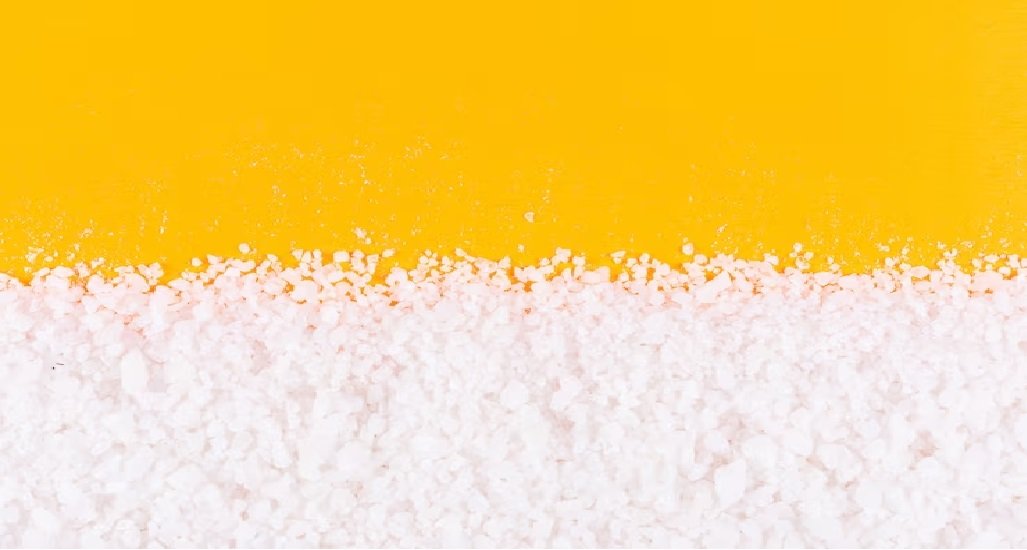Despite the drought, Thailand has produced satisfactory sugar
05-Sep-2024 02:09 PM

Bangkok. Although Thailand, like India, also faced severe drought last year due to the El Nino weather cycle, despite this, domestic sugar production reached a satisfactory level.
According to a report by the Sugarcane and Sugar Board, during the 2023-24 marketing season, Thailand produced 821 lakh tonnes of sugarcane and 88 lakh tonnes of sugar.
According to the board, this production is sufficient to meet the industrial and domestic demand and requirement.
According to senior official sources, sugarcane production was affected in some other countries including Thailand last year due to drought.
The situation in Thailand was such that at one time it was estimated that sugar production there would be limited to 75 lakh tonnes, but later the situation improved somewhat.
As a result, Thailand did not have to face the crisis of sugar shortage this time. According to the General Secretary of the Board,
sugar production during the 2023-24 season will be able to meet the domestic and export demand, while sugarcane production is expected to increase significantly in the 2024-25 season.
It is noteworthy that after Brazil, Thailand is considered the second largest exporter of sugar in the world.
Officials say that sugar exports from the country are also continuing regularly and due to the supply and availability situation in the domestic sector being normal and smooth, the government does not feel the need to impose quantitative control or ban on its shipment.
According to industry analysts, sugarcane production in Thailand is expected to increase to 9-10 crore tonnes in the 2024-25 season,
which will increase sugar production. Sugar production can improve to 90-100 lakh tonnes. The average recovery rate of sugar from sugarcane in Thailand usually remains around 10 percent. Some 57 sugar mills remain operational in Thailand.
The domestic market price of sugar is controlled by the Ministry of Commerce. Its price is currently running at 27-28 'baht' per kg.
